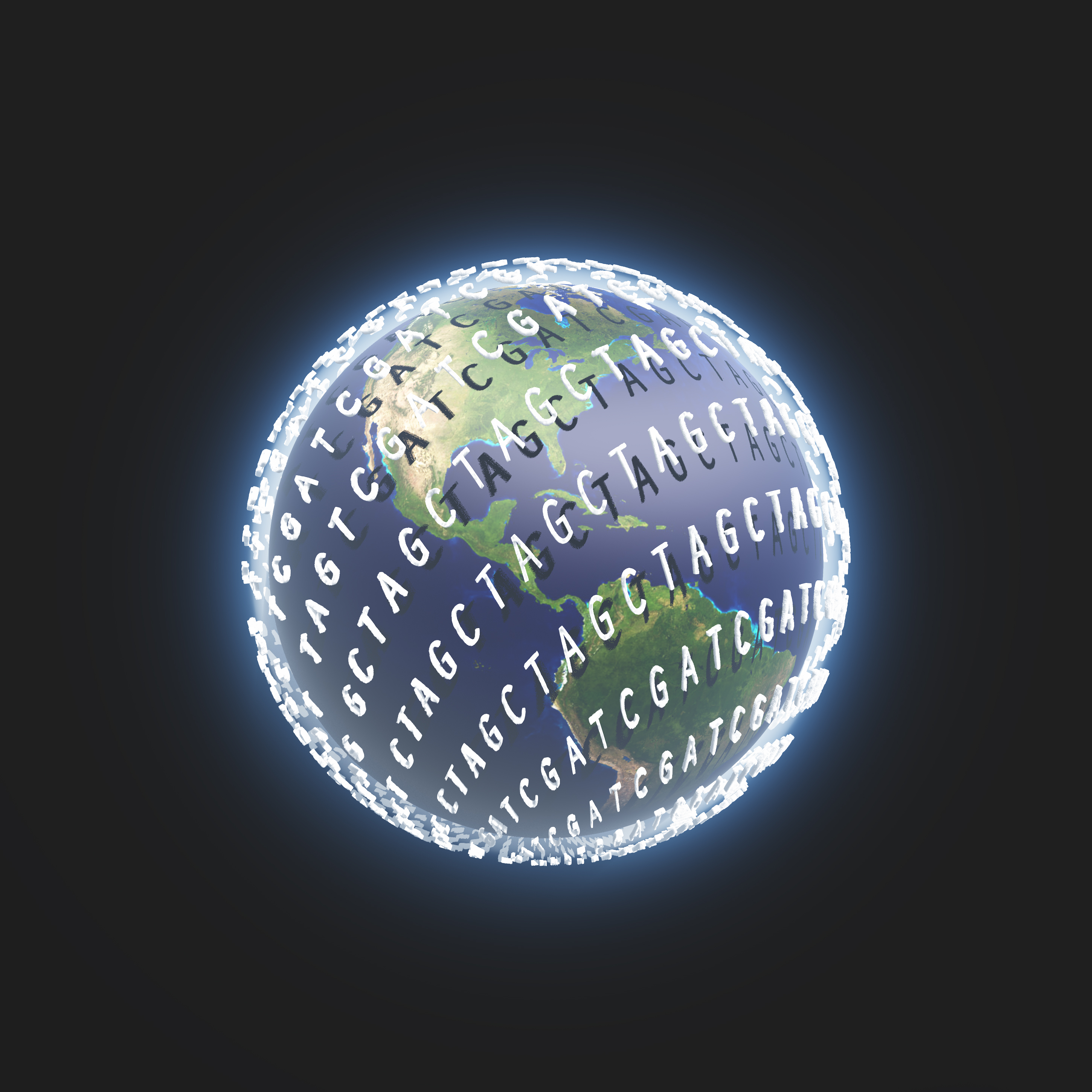Geneva Statement on Heritable Human Genome Editing: The Need for Course Correction
By Roberto Andorno, Françoise Baylis, Marcy Darnovsky, Donna Dickenson, Hille Haker, Katie Hasson, Leah Lowthorp, et al.,
Trends in Biotechnology
| 01. 31. 2020
Heritable Human Genome Editing: Nearing a Critical Juncture
The impending decision about whether to develop and use heritable human genome modification carries high stakes for our shared future. Deciding to proceed with altering the genes of future children and generations would mean abandoning the restraint urged by the United Nations (UN) General Assembly’s formal endorsement of the Universal Declaration on the Human Genome and Human Rights [1] and required by the laws and regulations of more than 50 nations (F. Baylis et al., in preparation), including 29 that have ratified the Oviedo Convention, a binding international treaty [2]. Policymakers put these prohibitions in place to protect human rights and the fundamental equality of all people; to safeguard the physical, psychological, and social wellbeing of children; and to avert the emergence of a new eugenics.
Despite the persistence of these fundamental and widely shared concerns, a small but vocal group of scientists and bioethicists now endorse moving forward with heritable human genome editingi,ii [3]. They have taken it as their task...
Related Articles
By Alex Polyakov, The Conversation | 02.09.2026
Prospective parents are being marketed genetic tests that claim to predict which IVF embryo will grow into the tallest, smartest or healthiest child.
But these tests cannot deliver what they promise. The benefits are likely minimal, while the risks to...
By Steve Rose, The Guardian | 01.28.2026
Ed Zitron, EZPR.com; Experience Summit stage;
Web Summit 2024 via Wikipedia Commons licensed under CC by 2.0
If some time in an entirely possible future they come to make a movie about “how the AI bubble burst”, Ed Zitron will...
By Arthur Lazarus, MedPage Today | 01.23.2026
A growing body of contemporary research and reporting exposes how old ideas can find new life when repurposed within modern systems of medicine, technology, and public policy. Over the last decade, several trends have converged:
- The rise of polygenic scoring...
By Daphne O. Martschenko and Julia E. H. Brown, Hastings Bioethics Forum | 01.14.2026
There is growing concern that falling fertility rates will lead to economic and demographic catastrophe. The social and political movement known as pronatalism looks to combat depopulation by encouraging people to have as many children as possible. But not just...




